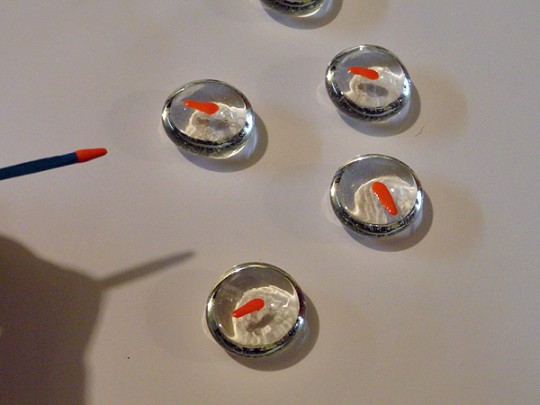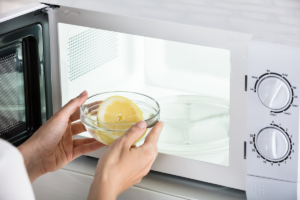If you’ve ever wondered whether glass marbles are magnetic, the answer is yes…sort of. Glass is not a naturally magnetic material, but it can become weakly magnetic if it contains certain impurities. So, if you’re looking for a way to magnetize your glass marbles, you might be out of luck.
What are glass marbles?
Glass marbles are small, round, smooth spheres that are usually made out of glass. They can be clear or colored, and they are used in a variety of games and crafts. Some people collect glass marbles as a hobby.
The history of glass marbles
The history of glass marbles can be traced back to the times of the Roman Empire. Archeologists have found glass marbles in Egypt that date back to that era. They were also found in Germany dating from the 16th century. It is believed that perhaps glass marbles were used even before that, but no one has found any proof or evidence as of yet.
It wasn’t until the early 1800s that glass marbles started being manufactured on a large scale. The first recorded patent for a marble-making machine was granted to British inventor, John Nursey, in 1807. However, it was an American, James Root, who is credited with starting the first successful marble manufacturing company in 1848. His company was called The Akron Marbles Works and it was located in Akron, Ohio, USA.
How are glass marbles made?
Glass marbles are traditionally made from a type of glass called soda-lime glass. This is atype of glass that contains soda (sodium carbonate) and lime (calcium oxide). Soda-lime glass hasa high melting point, making it perfect for use in marbles. To make glass marbles, thesoda-lime glass is first placed in a furnace and heated to around 2,000 degrees Fahrenheit. Onceit reaches this temperature, it is formed into small balls.
What is the science behind glass marbles?
Glass marbles are usually made from two types of glass- silica sand and soda lime. Sodium carbonate is also sometimes used in the manufacturing process. Marbles can also be made from calcite, mica, obsidian, and other materials. The vast majority of glass marbles are clear, but they can also be found in a variety of other colors. In recent years, glow-in-the-dark marbles have become popular.
Are glass marbles magnetic?
No, glass marbles are not magnetic.
How can you make your own glass marbles?
There are a few different ways that you can make your own glass marbles at home. One way is to use a light-colored glass bottle and a dark-colored permanent marker. Draw your design on the bottom of the bottle, then use a sharp knife to cut around the design. Be sure to wear gloves and eye protection while you’re working with the glass.
Another way to make marbles is to use two pieces of clear glass, a dark-colored permanent marker, and some clear glue. Draw your design on one of the pieces of glass, then glue the two pieces together. Cut around your design with a sharp knife, then sand the edges until they’re smooth.
If you want to get really creative, you can also use fusing techniques to make your own marbles. You’ll need a kiln, some clear glass rods or stringers, and some colored glass sheets or frit. Trace your design onto the colored glass, then cut it out and place it on top of the clear rods or stringers. Place everything in the kiln and heat it up until the colored glass melts and fused together. Let everything cool before handling it.
10 fun facts about glass marbles
1. Marbles have been around for over 4,000 years! The first marbles were made of clay or stone.
- It wasn’t until the late 1800s that glass marbles started to become popular.
- Germany is where most glass marbles are made today.
- Marbles are made from a type of glass called soda-lime-silica.
- Marbles can be clear, opaque, or have different colors swirled in them.
- Some marbles have designs inside them, like stars or flowers. These are called “designer” or “fancy” marbles.
- The biggest marble ever found was 16 inches in diameter and weighed 3 pounds! It was found in Ohio, USA in 1895.
- Glass marbles can be polished to a high shine using a rock tumbler.
- Collecting marbles is a popular hobby all over the world. Some people collect only certain types of marbles, while others try to collect one of each kind!
10 There are even marble museums where you can see rare and antique marbles on display!
Conclusion
To summarize, glass marbles are not magnetic. However, some marbles may contain trace amounts of iron or other metals that give them a weak magnetic response. If you are looking for a truly magnetic marble, you may want to consider one made from a steel or ferrite compound.












